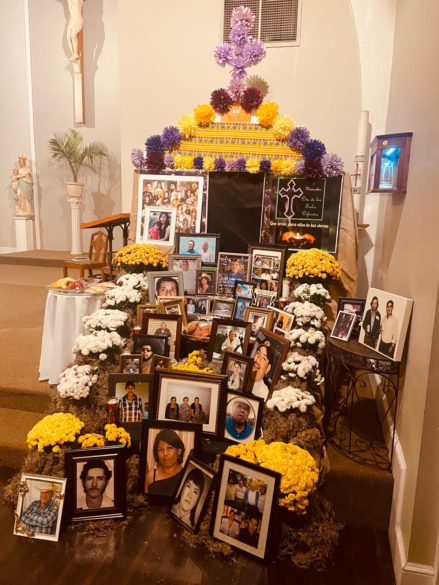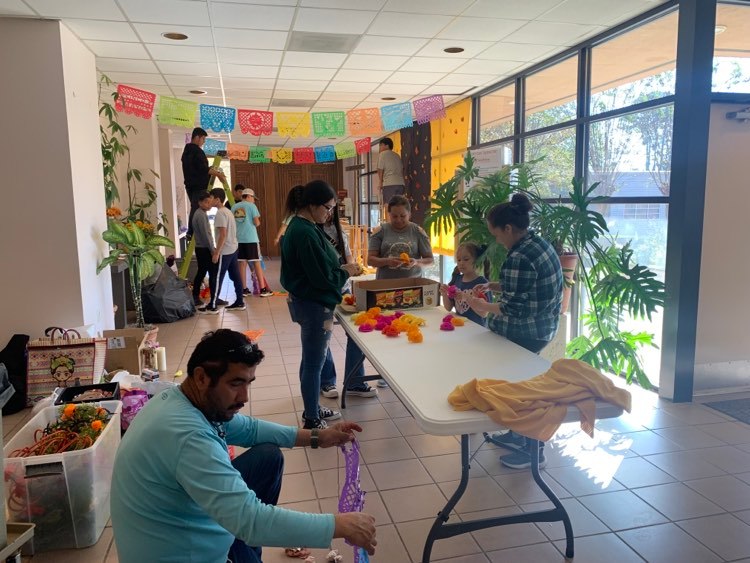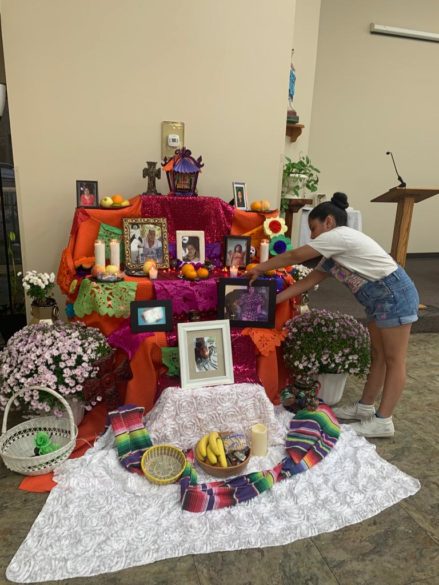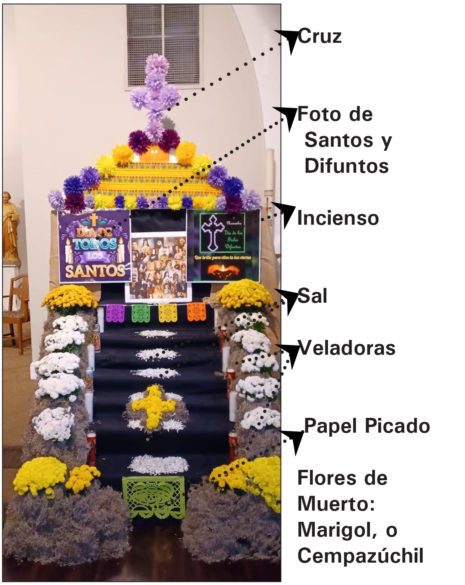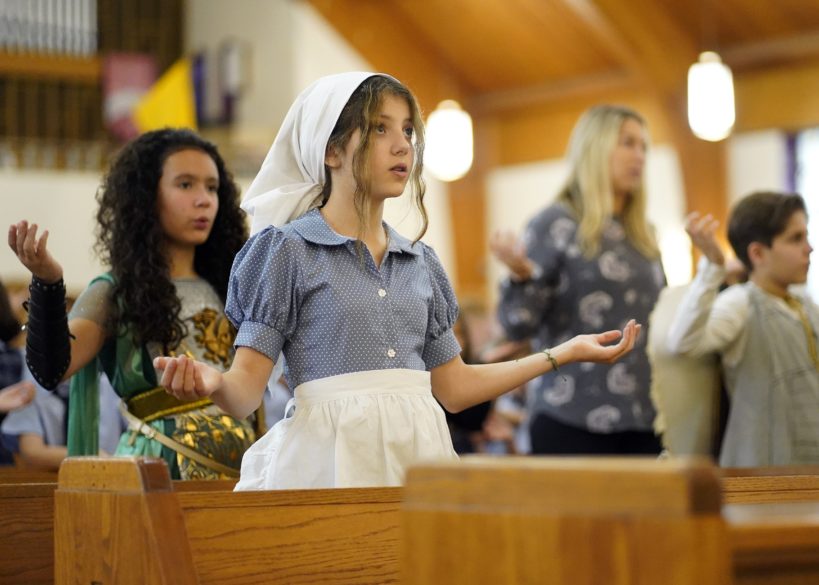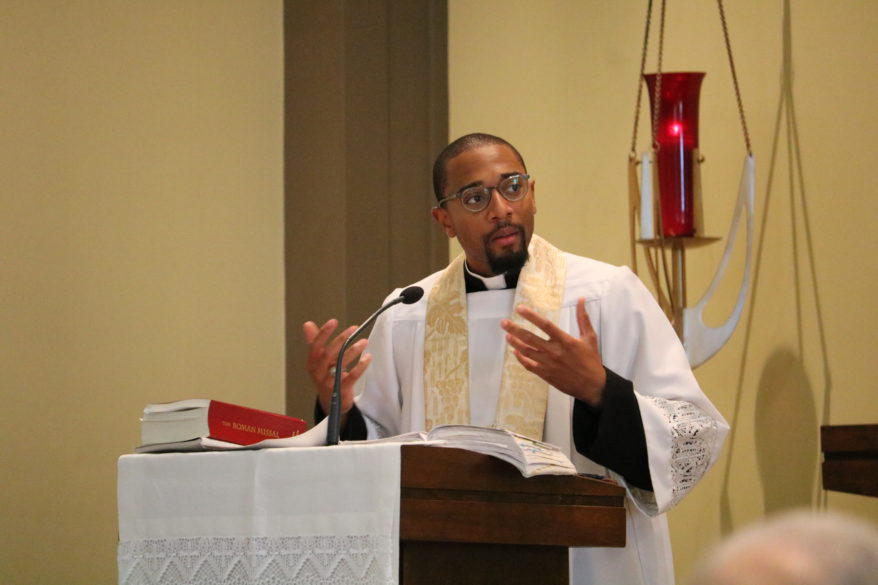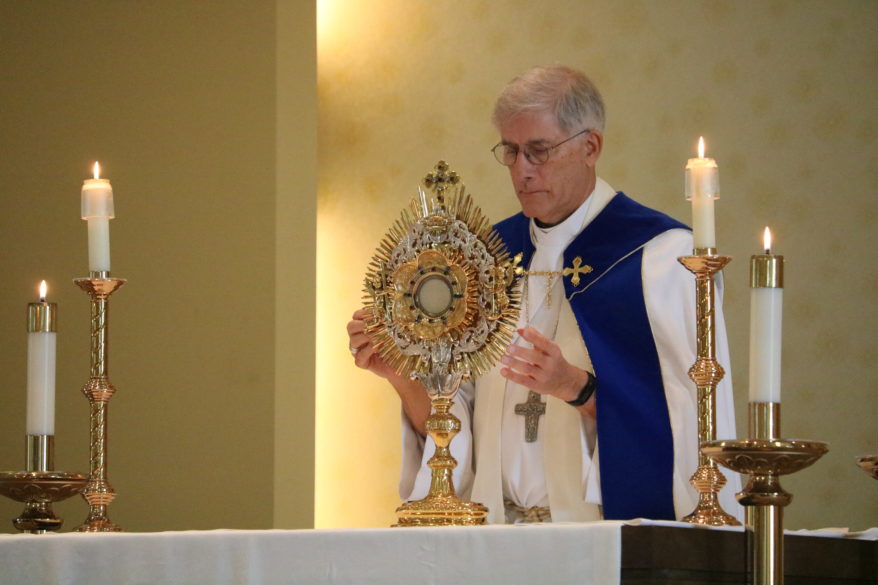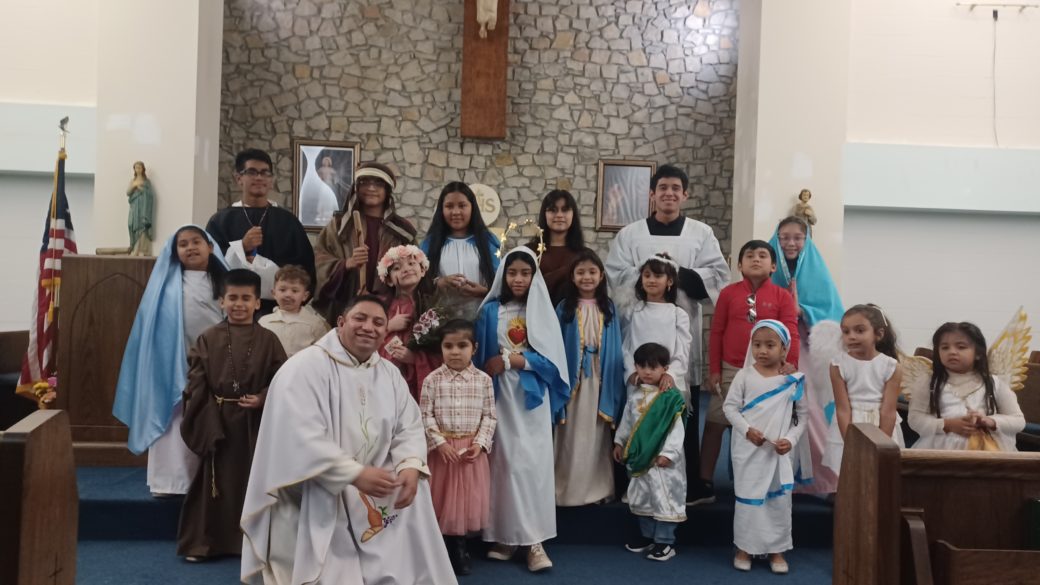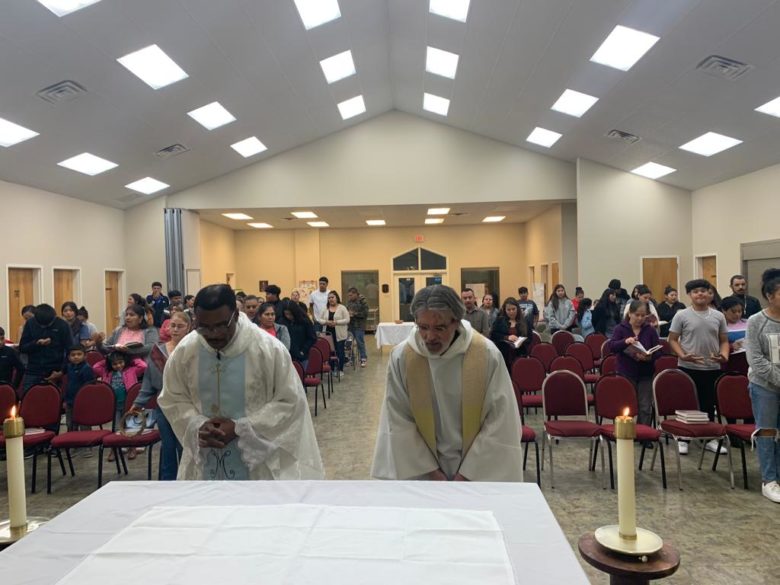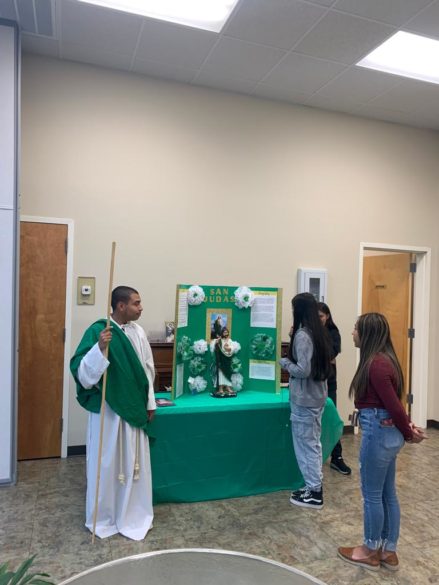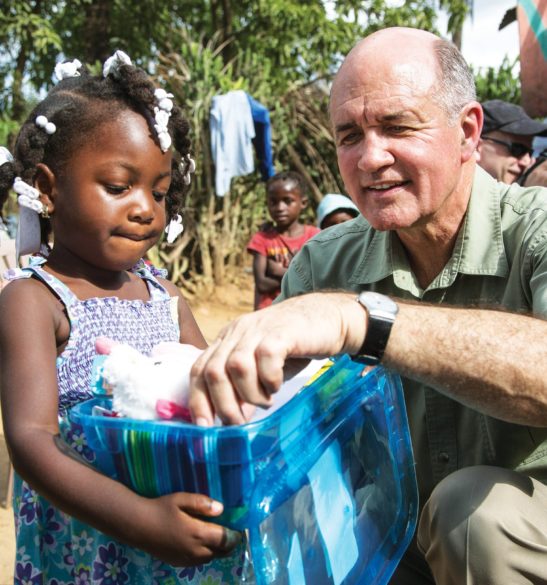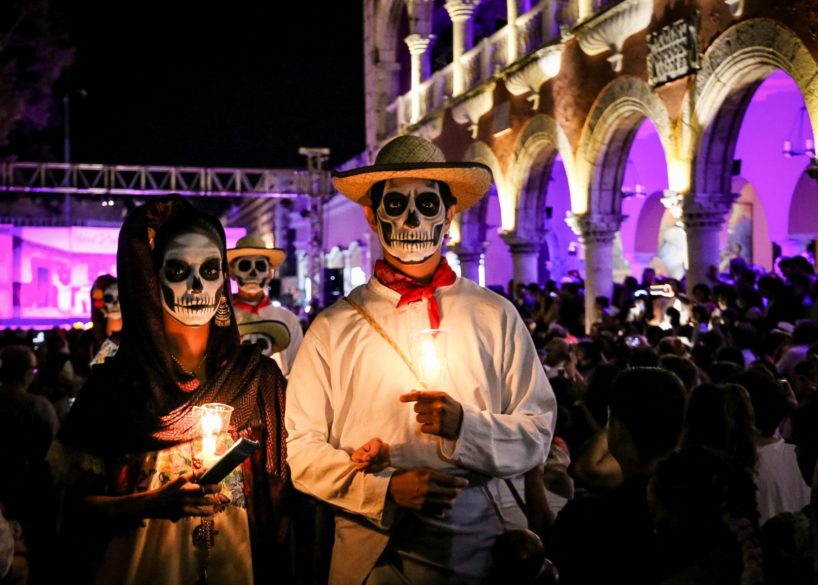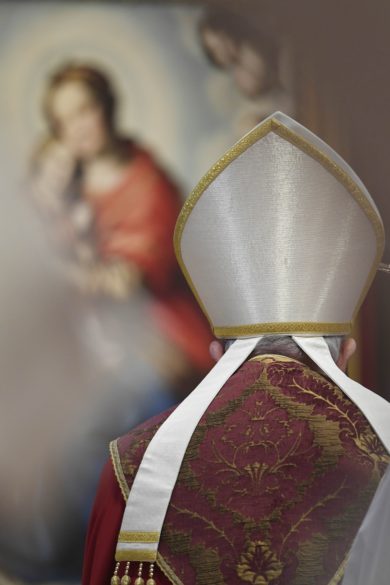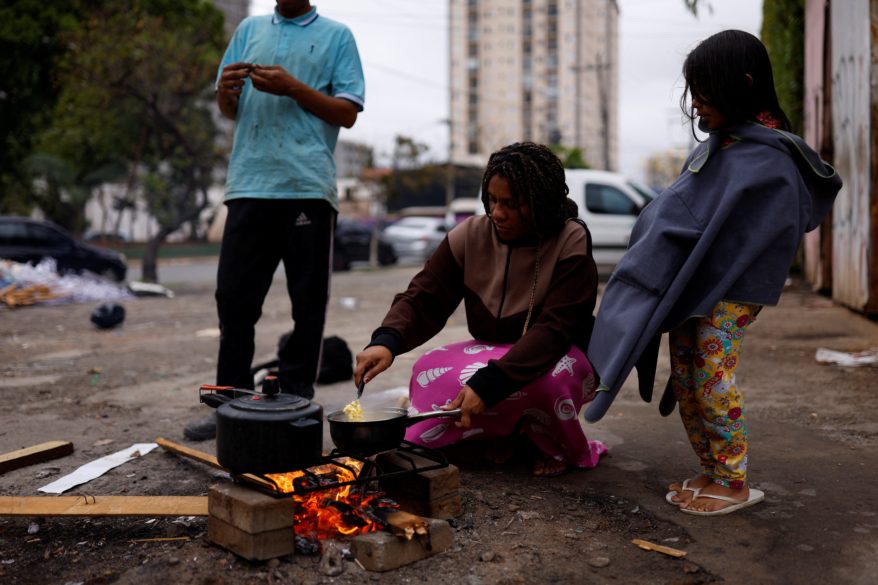SPIRITUAL ENRICHMENT
FLOWOOD St. Paul, Women’s Ministry Advent Day of Reflection, Saturday, Dec. 3 from 9 a.m. to 2 p.m. Deacon Tony Schmidt will lead the day of reflection to help us in our spiritual journey during Advent. Cost: $10 donation to cover cost of lunch. Details: register at https://bit.ly/StPaulAdventReflection2022.
JACKSON St. Richard, Liturgical Living in Advent, Wednesday, Nov. 16 in Foley Hall from 6-7 p.m. Come and gather practical ideas to keep your family grounded during the Advent season. Details: RSVP to dre@saintrichard.com or csimmons@strichardschool.org.
TUPELO St. James, Annual Men’s Retreat, Nov. 18-20 at St. Bernard Abbey in Cullman, Ala. Retreat leader is Father Ben Cameron of the Fathers of Mercy. Retreat begins Friday evening and ends Sunday morning. Enjoy this weekend of prayer, rest and fellowship. Cost: $130 if sharing a room or $205 for a private room. Registration includes two nights of lodging, all meals and snacks. Details: David at (662) 213-3742.
PARISH, FAMILY & SCHOOL EVENTS
COLUMBUS Annunciation School, Fall Open House, Tuesday, Nov. 15 with tours at 9 a.m., 12 p.m. and 5 p.m. Come visit us! Details: school office (662) 328-4479.
Annunciation, Knights of Columbus Blood Drive, Sunday, Nov. 20 from 9 a.m. to 1 p.m. in the BankFirst parking lot. Details: Sign-up at https://bit.ly/AnnunciationBloodDrive2022.
CLARKSDALE St. Elizabeth, Parish Feast Day Celebration and Mass, Sunday, Nov. 20 at 10:30 a.m. Celebration lunch served after Mass. Details: church office (662) 624-4301.
FLOWOOD St. Paul Early Learning Center, Open House for Discover Catholic Schools Week, Wednesday, Nov. 16 between 9-11 a.m. Details: school office (601) 992-2876.
HERNANDO Holy Spirit, Blood Drive, Sunday, Nov. 20 from 9 a.m. to 12 p.m. in the church parking lot. Details: call (877) 258-4825 or visit www.donors.vitalant.org.
MADISON St. Francis, Ring In Your Faith 10k run and 5k run/walk, Saturday, Dec. 31 at 8 a.m. Registration fee guarantees your shirt through Dec. 17 and you will enjoy a mouth-watering New Year’s Day meal with a Southern twist. Ring in 2023 and register here: https://bit.ly/RingInYourFaith2022 Details: Joe at leslieslee@hotmail.com.
St. Francis, Evening of Worship & Adoration for Advent and Christmas with music by John Finch, on Sunday, Dec. 4, 6:30-8 p.m. in the church. The evening will include a time of worship music, Advent reflection and Exposition of the Blessed Sacrament with Benediction. Open to the public, donations accepted. For more info on John Finish visit johnfinchmusic.com. Details: email mc.george@stfrancismadison.org.
MADISON St. Joseph School, Christmas Arts and Crafts Camp, Saturday, Dec. 17, St. Joe Fine Arts Building from 9 a.m. to 12 p.m. or 1-4 p.m. For grades K through eighth. Cost is $40 per session or $70 for both. Snacks included. Bring lunch if staying for both sessions. Details: email vrunnels@stjoebruins.com.
MERIDIAN St. Patrick, Candy Cane 5k Dash, Saturday, Dec. 3 at 8:30 a.m. Details: to register visit https://bit.ly/CandyCane2022.
NATCHEZ St. Mary Basilica, “Will the Real Holy Grail Please Stand Up?” On Wednesday, Nov. 16 at 6 p.m. after Wednesday night parish dinner in the Family Life Center welcome Dr. Beth Boggess who will present a fascinating program on the latest findings regarding the identity of the Holy Grail. Details: church office (601) 445-5616.
St. Mary Basilica, Christ the King Feast Day Eucharistic Procession, Sunday, Nov. 20 following 10 a.m. Mass. Procession will be down Main Street to the Gazebo on the Bluff where Father Aaron Williams will bless the city of Natchez. Light refreshments will be served after processing back to the church. All are welcome! Details: church office (601) 445-5616.
OLIVE BRANCH Queen of Peace, Spaghetti Dinner, Sunday, Nov. 20 at 11 a.m. Dine-in or take-out. Cost: $8 per plate; max $25 per family; $2 smoked sausage; $10 quart gravy; $5 quart slaw. All are welcome! Details: church office (662) 895-5007.
RIPLEY St. Matthew, 1st annual Christmas Bazaar/Indoor Yard Sale, Nov. 18 and 19. Details: call Geraldine at (216) 867-8007.
St. Matthew, Christmas Mini-Sessions – photography by Madeline Hale. Nov. 13 and 20 from 12-1:15 p.m. or 4:15-6 p.m.; Nov. 16 and 23 from 5-7 p.m. Appointment form available at church entrance. Session fee is $10 and is a donation to the church. Proofs available on Nov. 30. Details: church office (662) 993-8862.
VARDAMAN Catholic Charities Thanksgiving meal for Farmworkers, Friday, Nov. 18 at 5 p.m. Help by donating soap, shampoo, deodorant, toothpaste and brushes or donate funds to assist with the meal. Details: Catholic Charities Vardaman (662) 682-9992.
YAZOO CITY St. Mary, Bake Sale, Tuesday, Nov. 22 from 7 a.m. to 1 p.m. Baked goods, soup and sandwiches available for purchase. Details: church office (662) 746-1680.
SAVE THE DATE
DIOCESE SEARCH Retreat – For Teens, By Teen, Jan. 13-15, 2023 at Camp Wesley Pines in Gallman. Details: email abbey.schuhmann@jacksondiocese.org.
MADISON St. Anthony School, Starry Night Gala, Friday, Dec. 9. Details: school office (601) 607-7054.

